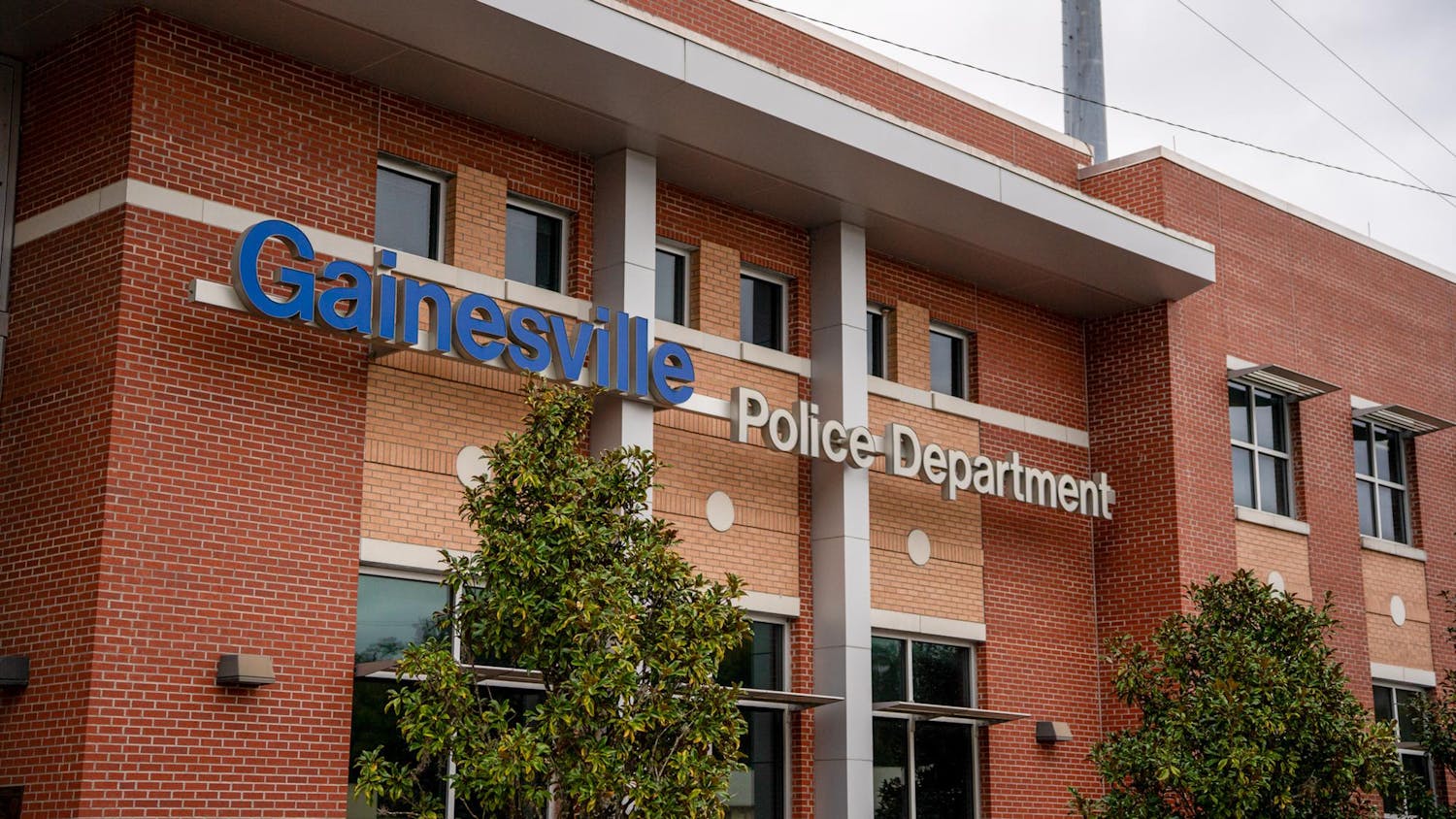For the past 30 years, Western society has funneled its best and brightest minds into the financial sector. Harvard, Oxford and State U all sent their most illustrious stars into the wide-open galaxy of wealth creation, where the collisions of brainpower and avarice resulted in spectacularly profitable inventions like the now-poisonous derivatives market.
Real stars burn bright for far longer than our educated and privileged scions managed - so we must have just been shooting fancy fireworks up there. They exploded and wowed us all, but the empty shells came crashing down onto a rickety global economic structure.
Regular folks got kneecapped by Wall Street, and suddenly the term "working poor" became a much larger umbrella. Finance is shaky and volatile even in the best of times, but this market is the crowning achievement of a whole generation of preeminent talent dedicated to worthless fakery.
What does a society do when its most valuable people produce something of no value?
In Europe, the response has been to protest the government and do a little rioting. Mad at the banking system? Grab your finest bandanna and a hunk of concrete. Europe responds to the rapid degradation of living standards by inflicting damage on property, courting bloody noses with vital and angry dissent.
Here in America, we listen to talk radio and blog like mad. A nation of "first-time caller, long-time listeners" and message board bombers are we, quick to forcefully opine behind the comforting mask of technology.
This strategy works for us because, even now, we are at the top of the economic food chain. We can spend our way out of this regardless of what Europeans are screaming.
Last week in Davos, the leaders of the invested world stood up and said, "Not so fast, my friend." Russian, Chinese and major European leaders made sure that President Barack Obama and the most influential senators knew that globalization isn't just a fancy term.
Most at Davos agreed that the creation of a "bad bank" to store our worthless crap investments is a good start, and they already know that we are quite skilled at creating bad banks. The hope is that we can clean up the messes our spoiled brat bankers made by hiding the mistakes in this bad bank, thereby encouraging the skittish bankers to begin loaning money and spurring investments and inventions. This, more or less, would be a start for getting back to the very core of our society's ostensible purpose.
Punxsutawney Phil saw his shadow Monday, which means that our winter of discontent is that much longer this year. If we can yank our privileged financial sons out of their holes and convince them the shadow of their past mistakes are hidden away in these bad banks, we may be able to slog our way through a regular and healthy contraction inherent to market economics.
However, solving the problem of a generation of fallen stars - and decades of lost potential - may be more difficult than riots or talk radio are equipped to handle.
Tommy Maple is an international communications graduate student. His column appears on Tuesdays.





